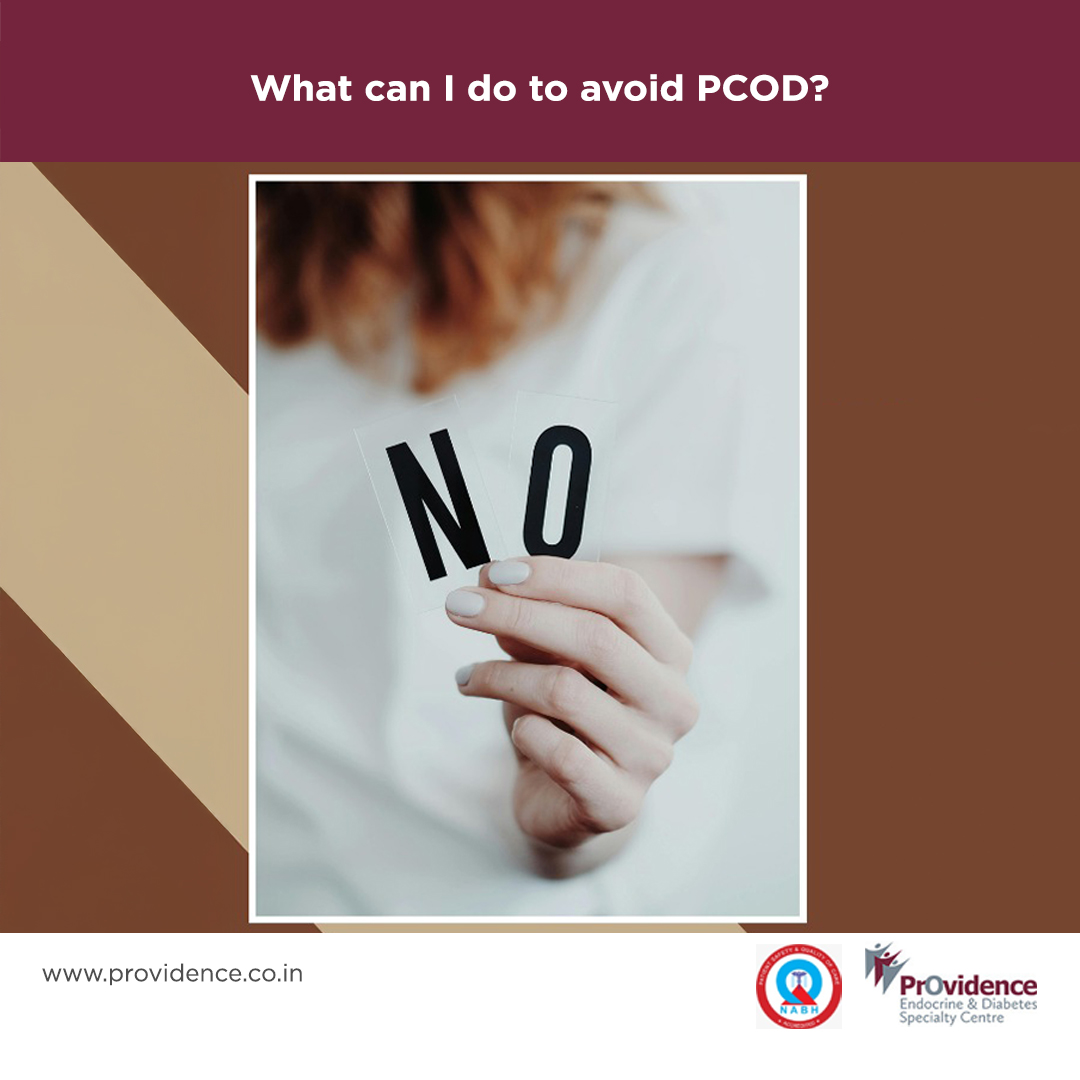Polycystic Ovarian Disease (PCOD) is a common disorder affecting women of reproductive age. While it may not be entirely preventable, adopting healthy lifestyle practices can significantly lower risk factors and aid in effective symptom management.
1. Maintain a Balanced Diet
• Incorporate whole grains, high-fiber foods, lean proteins, and a variety of fruits and vegetables.
• Opt for healthy fats such as those found in olive oil, nuts, and avocados.
• Ensure adequate hydration by drinking sufficient water; limit the intake of sugary and caffeinated beverages.
• Minimize consumption of fried or processed foods, sugary snacks and drinks, refined carbohydrates, excessive full-fat dairy, and red or processed meats.
2. Achieve and Maintain a Healthy Weight
• Even a modest weight loss of 5–10% can contribute to symptom improvement.
• Focus on gradual, sustainable changes rather than rapid weight loss.
3. Engage in Regular Physical Activity
• Aim for a minimum of 150 minutes of moderate exercise per week to assist with weight management, improve insulin sensitivity, and promote hormonal balance.
4. Manage Stress Effectively
• Implement stress-reduction techniques such as yoga, meditation, or mindfulness, as chronic stress can exacerbate symptoms.
5. Prioritize Quality Sleep
• Strive for 7–8 hours of restful sleep each night to support hormonal regulation and metabolic health.
6. Maintain Regular Meal Patterns
• Consuming meals at consistent intervals can help stabilize blood glucose levels.
In summary, while no single intervention can guarantee the prevention of PCOD, a comprehensive approach involving nutritional, physical, and psychological well-being can reduce risk and enhance overall health outcomes.
Dr. Tittu Oommen MD, DM



